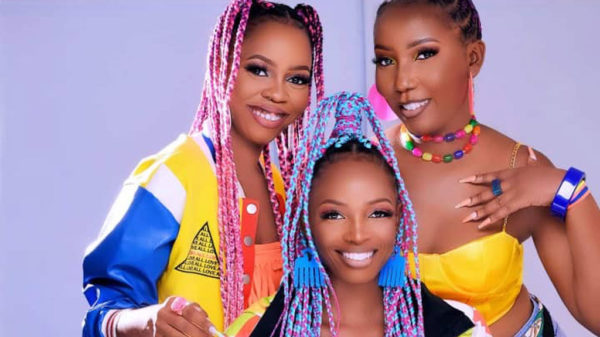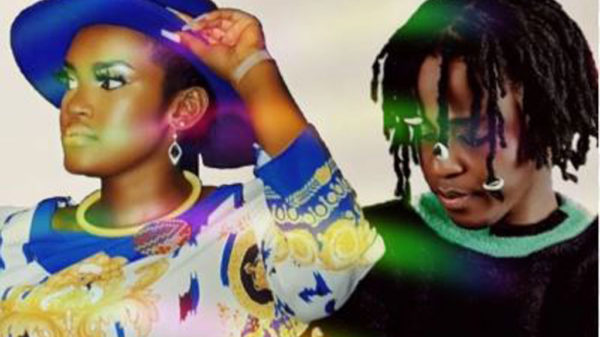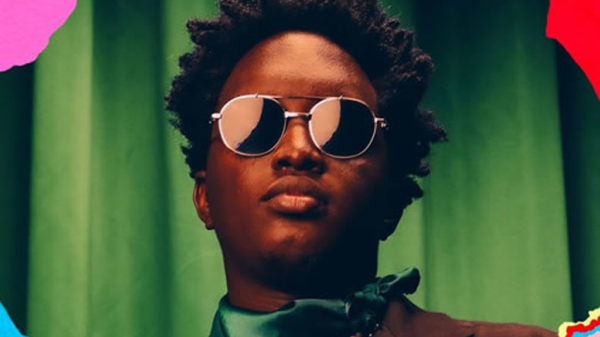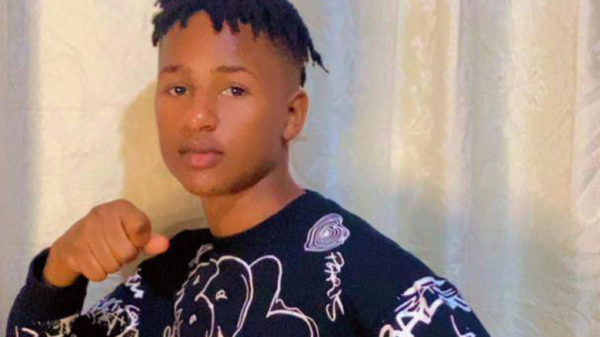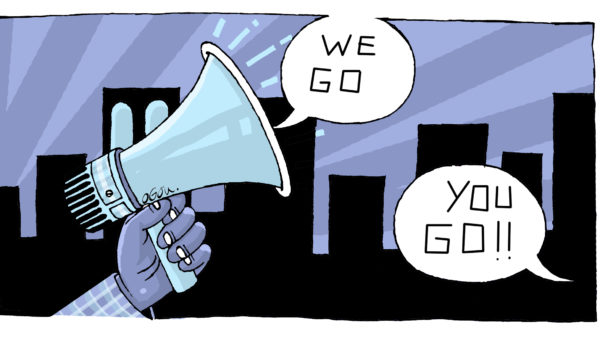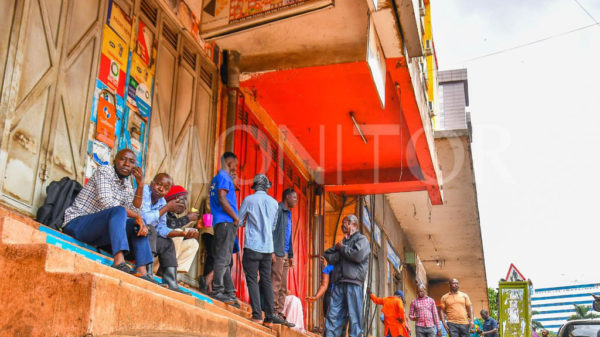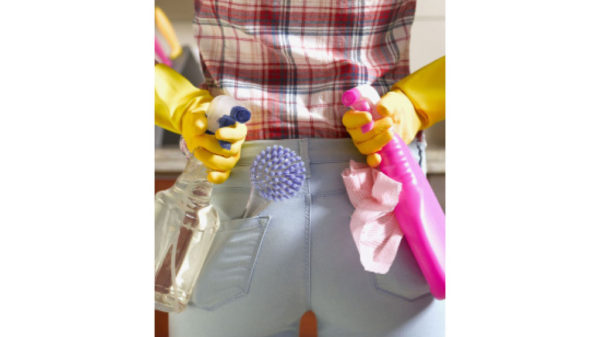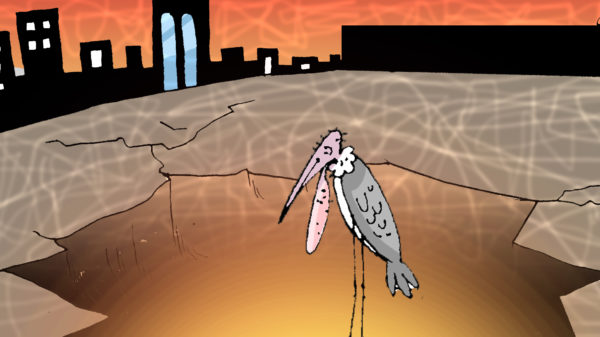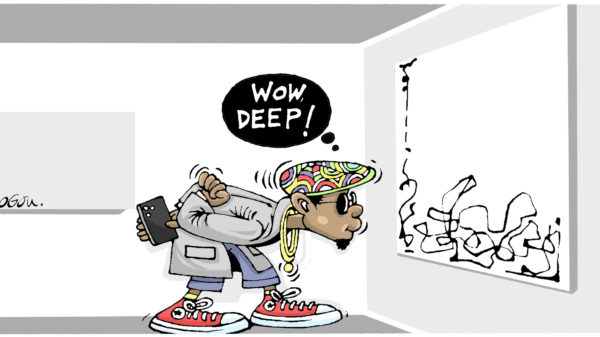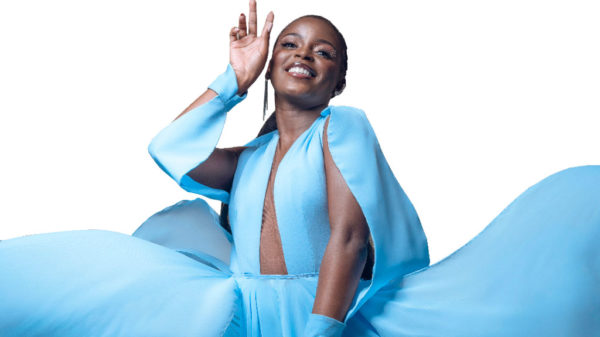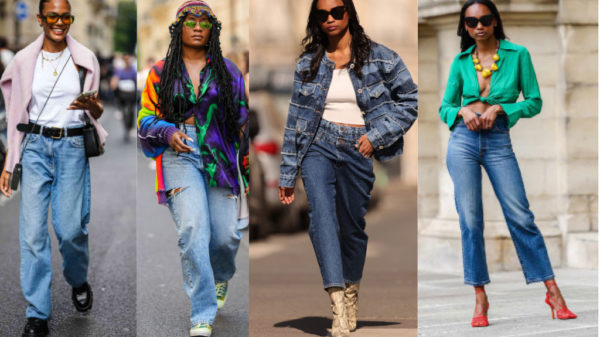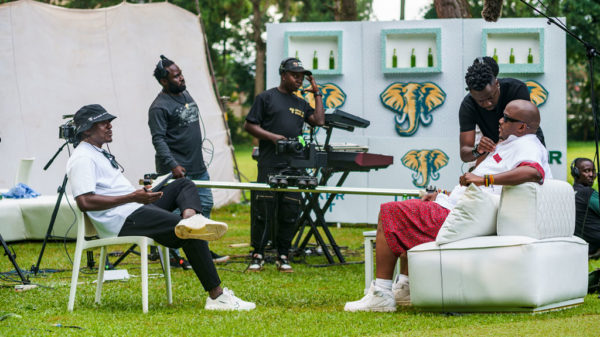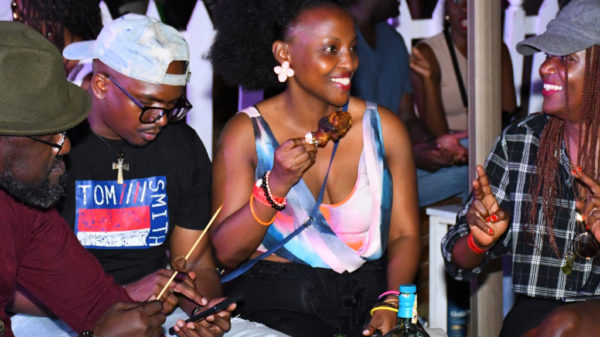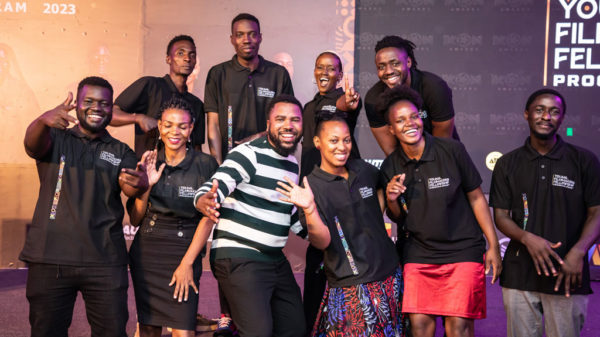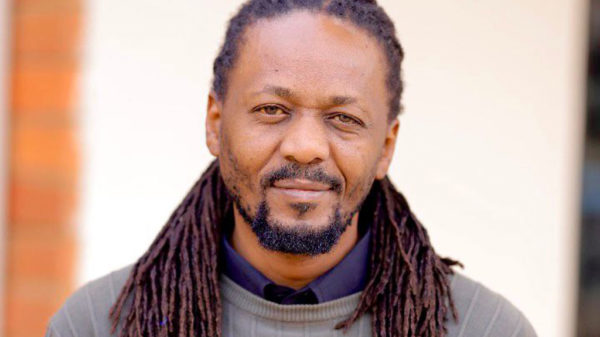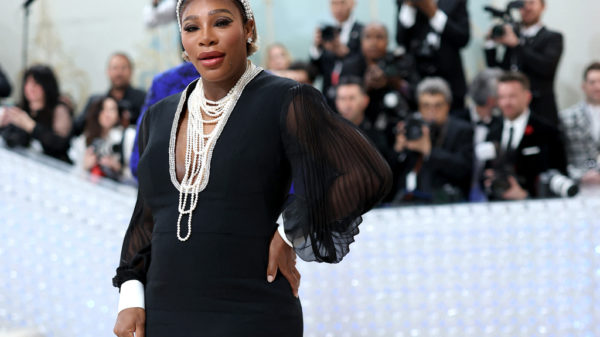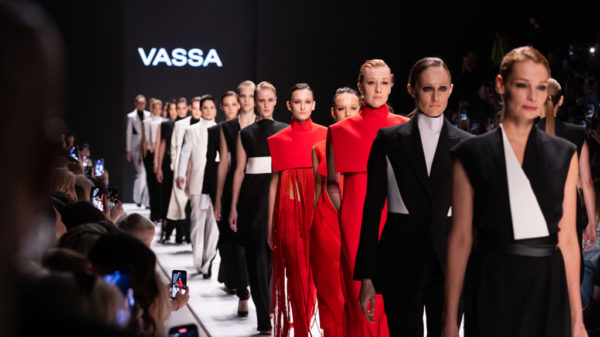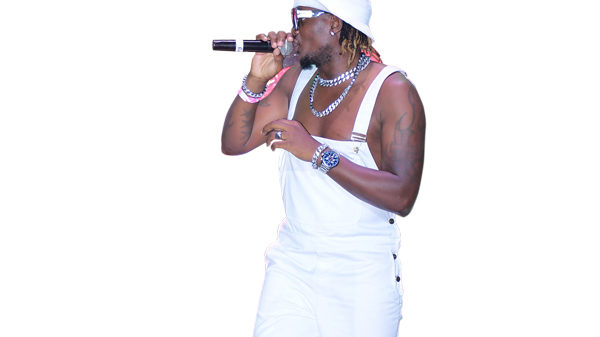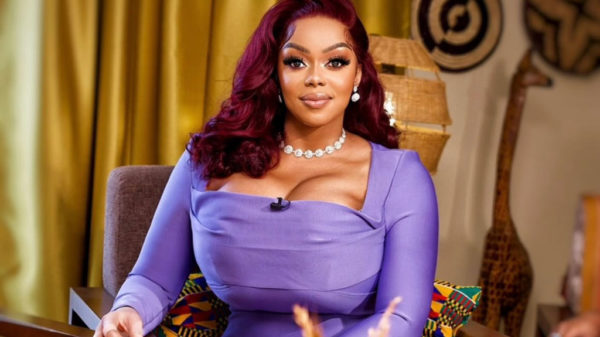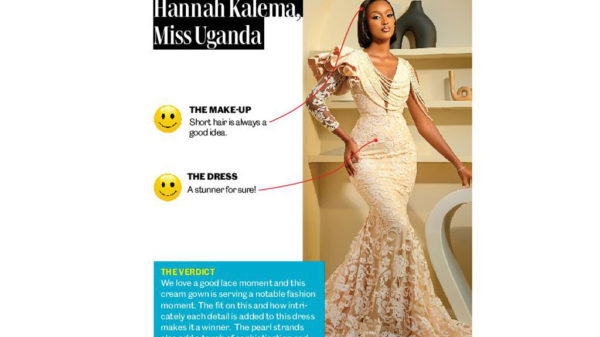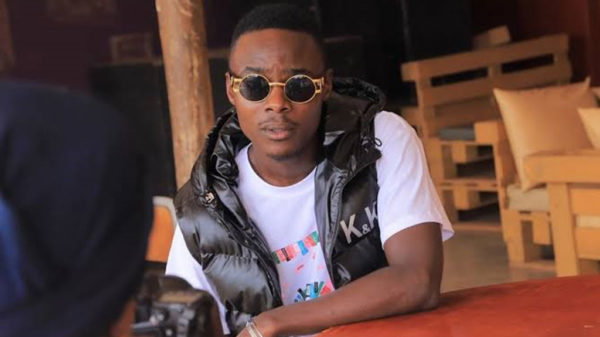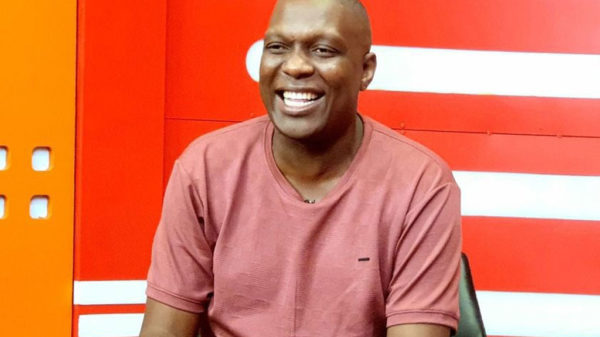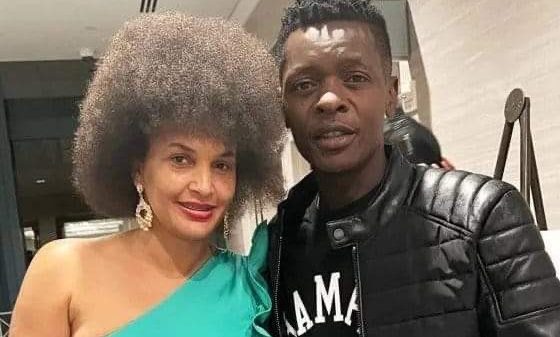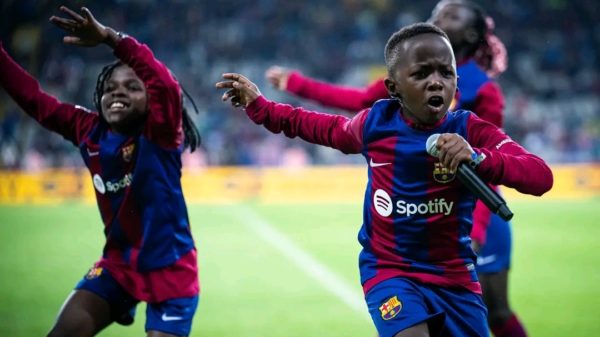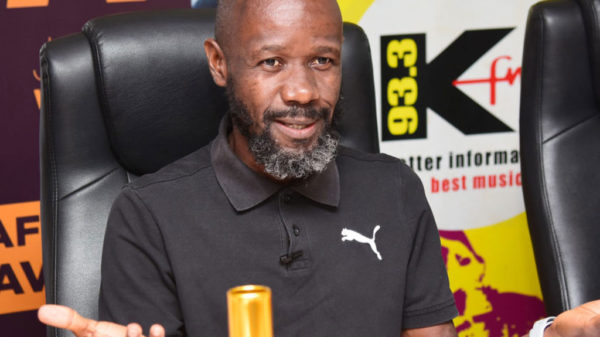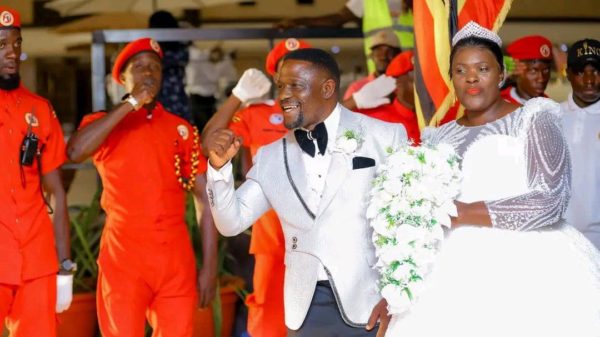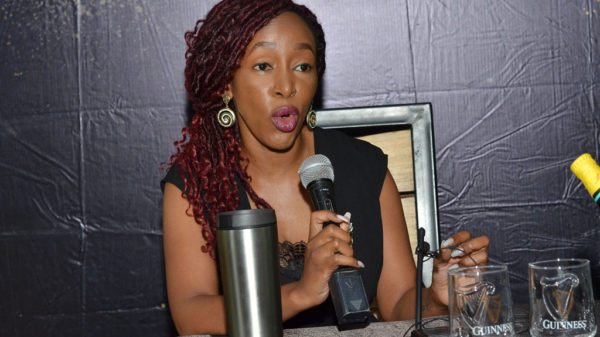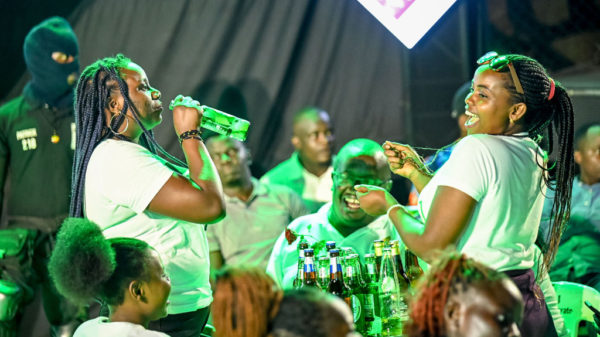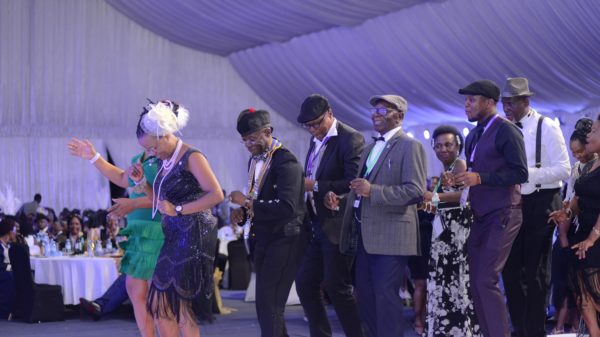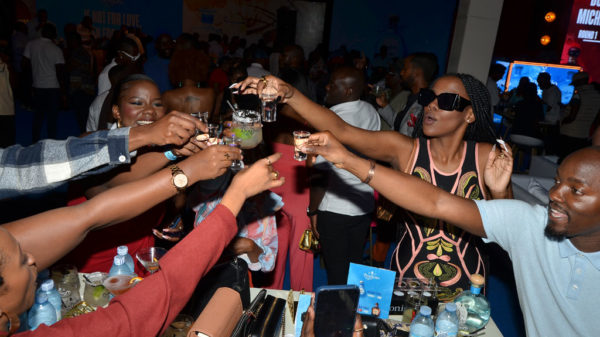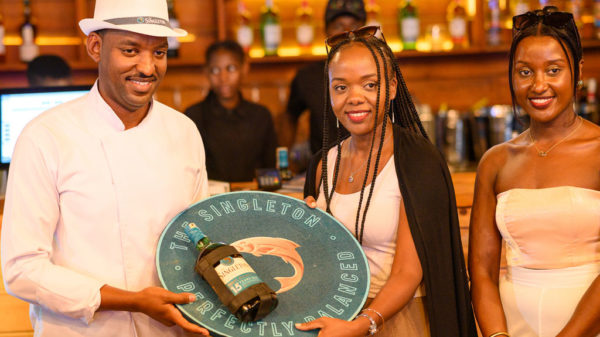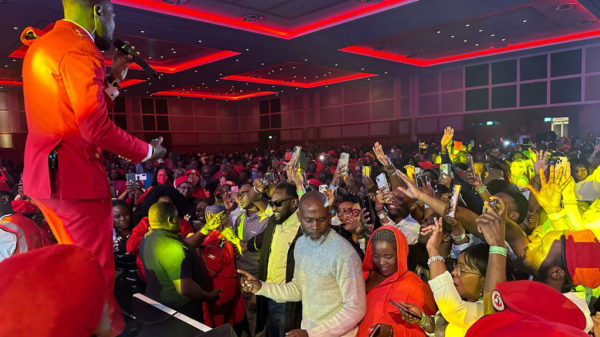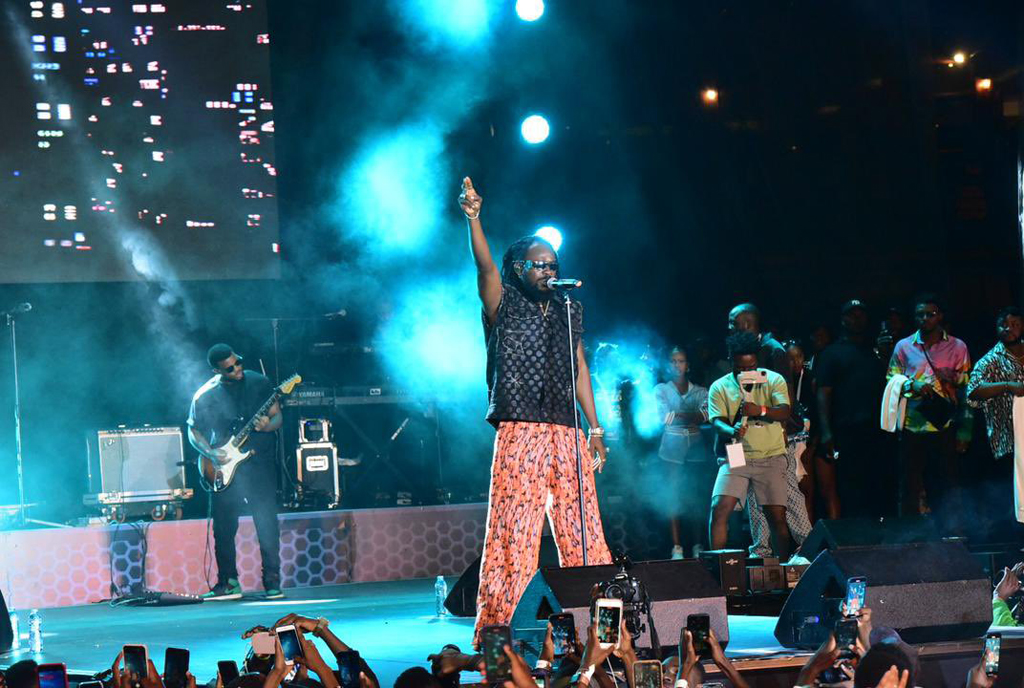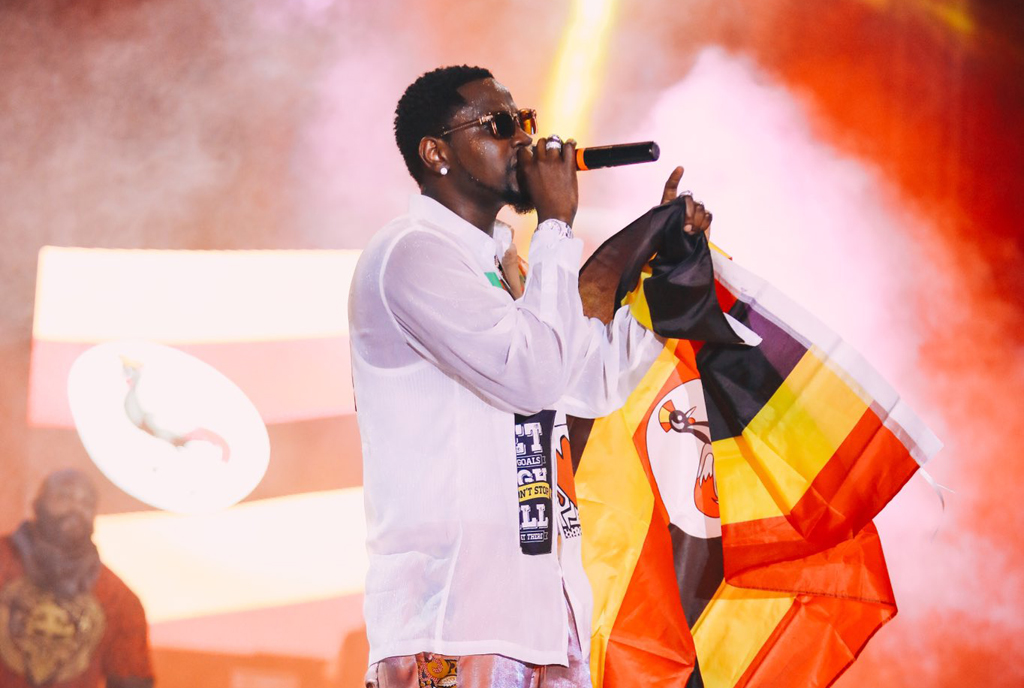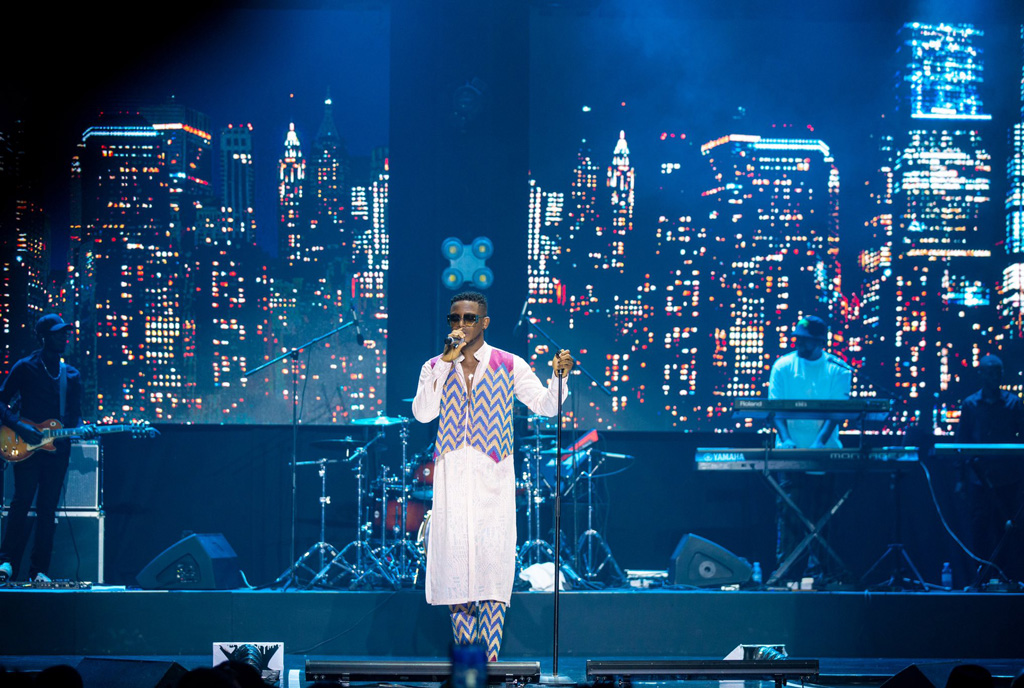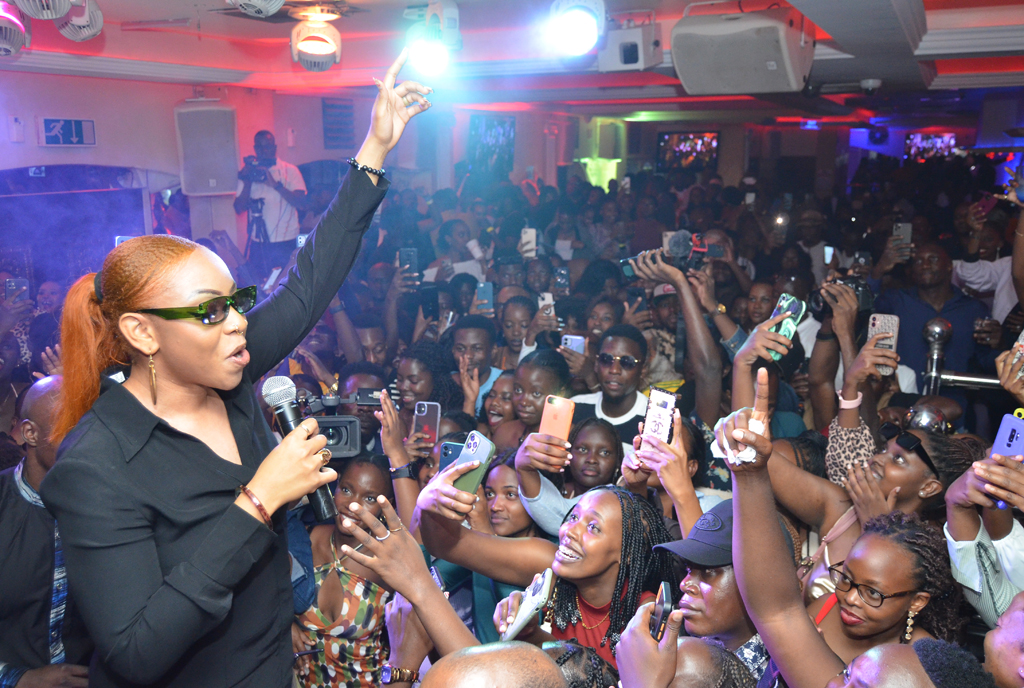Naija. Uganda/Nigeria, this is a musical conversation that has been around since 2014. At that time, Bebe Cool wondered why local DJs prioritised foreign music over local music, something that started a debate and ended without resolve. Eight years later, the situation has not changed.
Adekunle Gold, Ayra Starr, Tiwa Savage, Ladipoe and Kizz Daniel.
Five acts from Nigeria have graced different stages in Kampala the past three weeks. But before them, in February, a few days after the night economy had opened, Ruger was in Kampala for a show. Days later, on Valentine’s Day, Chike was at the Kampala Serena Hotel, later that month, Fave showed up for a smaller affair at Club Guvnor.
READ: The mix-up didn’t stop Ruger from giving the show his all
Rema, yet another Nigerian artiste has been confirmed for a Kampala show later in the year, a Burna Boy concert is in the works and as you read this, many shows are being prepared between now and December.
And we should not forget that there were two artistes Tems and Omah Lay, two Nigerians that managed to put up a show in Kampala, in the middle of a pandemic.
On Saturday, only a day after Tiwa Savage’s poorly attended concert, rapper Ladipoe decided to tweet about his performance the next day at Panamera, “Kampala, Big Energy is coming your way,” the rapper tweeted and the reception he got in the replies were not flattery as one could have expected.
ALSO READ: Chike leaves Ugandans begging for more as Fenon sets the mood
“We love Nigerians but at this point you should all organise and come at once as a choir,” replied one of the users, Keleya.
Another commentor wondered why a Ugandan promoter would pay more than $10,000 to an artiste with one hit instead instead of a powerhouse such as Azawi.
“The government of Uganda should find a day and give it to Nigerian artistes so that they all come to Kampala at once and we call it a Nigerian error and we get done with that,” said Agume Mark.
ALSO READ: Fave was a wonder to watch
The rise of African pop has in the past few years of the pandemic given the world songs such as John Cena by Sho Madjozi, Jerusalema by Master KG, Love Nwatiti by CKay and of course, Burna Boy and WizKid that even have Grammy Awards to show for it.
Much as African Pop’s descendance to the world stage is supposed to be a moment of pride for African lovers of art, Ugandan artistes have sometimes feel like they have been left out but completely thrown out even at home.
Case in point, of the eight major concerts that have been held in Kampala this year, only two by Azawi and Pastor Wilson Bugembe, were by Ugandans, the rest have been foreign artistes.
And as you can imagine, on radios, the most played songs are not from Uganda either.
Moses Ssali alias Bebe Cool, has been an artiste for more than 25 years, he says the Ugandan audience has played its role over the years and has been supportive to local artistes.
“We can no longer blame the audience for the artistes’ misery. They will go for what is advertised because they actually love entertainment. Case in point, the huge support Azawi received at her show. You advertise your event well, get prepared and people will come,” he says.
Bebe Cool’s view is shared by many stakeholders that claim that regardless of the number of Nigerians coming to Uganda, local artistes have not advertised a concert and companies refused to sponsor them or audience refused to show up.
ALSO READ: Ayra Starr arrives ahead of Blankets and Wine performance
DJs to blame
Bebe Cool, however says that the problem is the DJs who prioritise foreign music. The singer says that you can not blame Nigerians for promoting their music far and beyond because their goal is to take over the world and in return, they protect themselves from foreigners.
“Their DJs do not play our music, they rarely play any other music and it is intentional. It is not that our music is bad but Nigerians know the role of DJs, they are at the forefront of any industry,” he says.
Mohamed Kawooya, alias Kays Medi DJ, however, says DJs are not the problem. He says as a DJ, you own the night and the moment you are in the booth, the priority is keeping your audience happy.
“DJs love playing local music but the audience can not let them,” he says, adding that unlike a few years back where DJs had a lot of power to set the music agenda, their crowd today is very informed and knows about the latest music even before they go out to a club.
“You play local music and you will not hear Ugandans cheer on, then you play a Nigerian song such as Sugarcane or No Wahala and everyone starts screaming. As a DJ, you want people to enjoy your mixes,” he says adding that it is also true that some local DJs get paid by promoters of Nigerian artistes to play their music at different Kampala spots.
“Often people managing some of these artistes reach out and of course they have more money to spend compared to a local artiste, so some DJs resort to working for them,” he says.
However, even when Kays Medi notes that it all starts with an audience that does not love its music, he notes that Ugandans will always dance their shoes off when older Ugandan music from the early 2000s plays.
In 2014, when Bebe Cool started the conversation over Nigerian music, DJ Aludah noted that local DJs are quick to dismiss local artistes.
“DJs are not giving Ugandan music a second listen. They are too quick to judge,” he says, adding that many Ugandan artistes are not doing enough to promote their own music.
From a business point of view, Aludah says deejaying is a job that aims to satisfy, and thus when you play music that people do not like in the name of patriotism, the public may blacklist you.
The business
From a business angle, Nigerian artistes have proved to be very profitable, for instance, with two Grammy Award nominations and wins, Burna Boy and WizKid today are a quick alternative to any American artiste. They have the music, the brand presence and are more relatable to a Ugandan compared to Rihanna.
Joseph Mwima alias Just Jose, a producer and also one of the directors of Malembe Holding, a prominent company that has been behind Burna Boy, Chike and Fireboy’s Ugandan concerts says they brought artistes because there is demand.
“All Ugandan countdowns have Nigerian songs, the Tik Tok challenges, Apple Music’s Top 100, so the demand really does exist,” he says.
However, as Talent Africa’s Aly Alibai says, it is not only in Uganda that Nigerian artistes are performing. He says that Afrobeats are a world phenomenon that has taken the artistes to different corners of the world.
ALSO READ: Kizz Daniel pulls surprise success in second coming
For instance, Kizz Daniel jetted into Uganda on Saturday for his show, this was after he had been on the road, performing in different parts of the USA. Tiwa Savage, after her Ugandan concert headed to London where she performed more than twice.
Alibhai, however, says that instead of portioning blame, Ugandans need to work towards a single goal.
“I think we need to do more to cut across and dominate the continent. To get our artistes to that level, artistes, the public, media and promoters need to work together. Our music has to spread internationally, and it can because it is good.”
The sponsors
With the discussion taking shape, many have come out to note that different corporate companies have always found it easier to deal with shows that have international artistes than local ones.
For context, there is more corporate companies can do with the creative industry beyond concert sponsorhip or providing a platform as many claim.
In different economies for instance, companies have invested in workshops, masterclasses and at times annual trainings for people in fields they operate in.
Looking through the recent past, with the exception of Kizz Daniel’s concert, a big part of foreign concerts have been sponsored by beer companies. Is there more the brands are offering the industry beyond a stage and a cheque?
Joel Galla, the brand manager of Club Pilsner and premium brands at Nile Breweries Limited says Ugandan artistes are dynamic and they are always willing to work with them in ways that surpass concert sponsorship partnerships.
“We have worked with artistes at a production level and others we have given financial assistance,” he says.
Club Pilsner, has in the past collaborated with singer A-Pass and bankrolled a number of his music videos such Cupa ku Cupa and the ambitious Midnight Drum. Recently they launched their Club Dome and as you could imagine, they landed in a big way, headlined by Adekunle Gold and Costa Titch from Nigeria and South Africa respectively.
“Adekunle Gold and Costa Titch had never performed in Uganda. It wasn’t one of those things of bringing a Nigerian artiste because we are excited, we wanted something super fresh. We were looking for someone that has never been here and that is what we got, of course alongside our artistes,” he says.
ALSO READ: Adekunle serves gold at Club Dome
Galla also notes that as a brand, they have been working with many local artistes and have not been involved in many international concerts.
On the other hand, Robert Victor Nsibirwa, marketing manager at Uganda Breweries Limited says that as much as they are dedicated to giving their audience what they want, they support the music industry, local and international.
“Through our brands, such as Bell Lager and Uganda Waragi, we have worked with amazing artistes such as Bebe Cool, Chameleone, supporting them through concerts and platforms such as Pearl of Africa Music Awards,” he says through a written response.
In July, Guinness held the Bright House master class which was intended to help artistes from different walks of life and disciplines network, share skills and find ways of helping each other for the better.
Nsibirwa says they are committed to working together with the local industry, though notes that as a business, their decisions are driven by consumer demands and trends.
So what can be done?
Just Jose says the problem with Uganda is that they consume 80 per cent foreign content, compared to Nigerians that are almost consuming 90 per cent Nigerian content.
“But then you want us to support artistes whose music you do not play,” he says.
Jose says though that Ugandan artistes need to be helped because if they can work on their music, there will be demand.
Despite hosting a number of foreign artistes, Just Jose says that Malembe also gives a platform to many local artistes, especially those that need it.
“On Chike’s show, we gave Daddy Andre a platform. He had not been on a big stage like that and had not performed in two years,” he says, adding that Daddy Andre’s music had surpassed his name but since the Chike show, he has been booked rigorously. He even says that Ssuna Ben, too, got a new fan base after performing at Fireboy’s show.
He insists that even when all their shows have mostly been with Nigerian artistes, the technical crew and different personnel on such shows are usually Ugandan.
Alibhai says artistes should invest in their craft, improve on the quality of production and have international promotion companies and music distribution.
ALSO READ: Savage reigns on the downpour
Bebe Cool, on the other hand says Ugandan artistes need to devise means of benefitting from the situation.
“When Congolese came here, we learnt instrumentation, an element that was key to their kind of music, same with Jamaicans. If Nigerians are here, let us find something to learn from them and combine that knowledge for something better,” he says.
Just Jose agrees with Bebe Cool on learning and improving, he says Ugandan artistes should not limit their music to only one market but try to produce for a market beyond their borders.
Our artistes need a sense of pride, they need to create demand. I won’t pay Shs50,000 to watch you at a show after accessing you in bars and smaller concerts every week,” he says.
In a yet to be released interview sQoop had with Juliana, the artiste says Ugandans are not putting themselves first and that is where they go wrong.
“I don’t want to be misquoted that be selfish and not give them a platform but we just have to put ourselves first. I don’t know why in Uganda people think when something is not Ugandan its better. It has gone from fashion, food, vacations and now to the entertainment business.”
Don’t want to miss out on any story? For updates on all Sqoop stories, follow this link on Telegram: https://t.me/Sqoop




